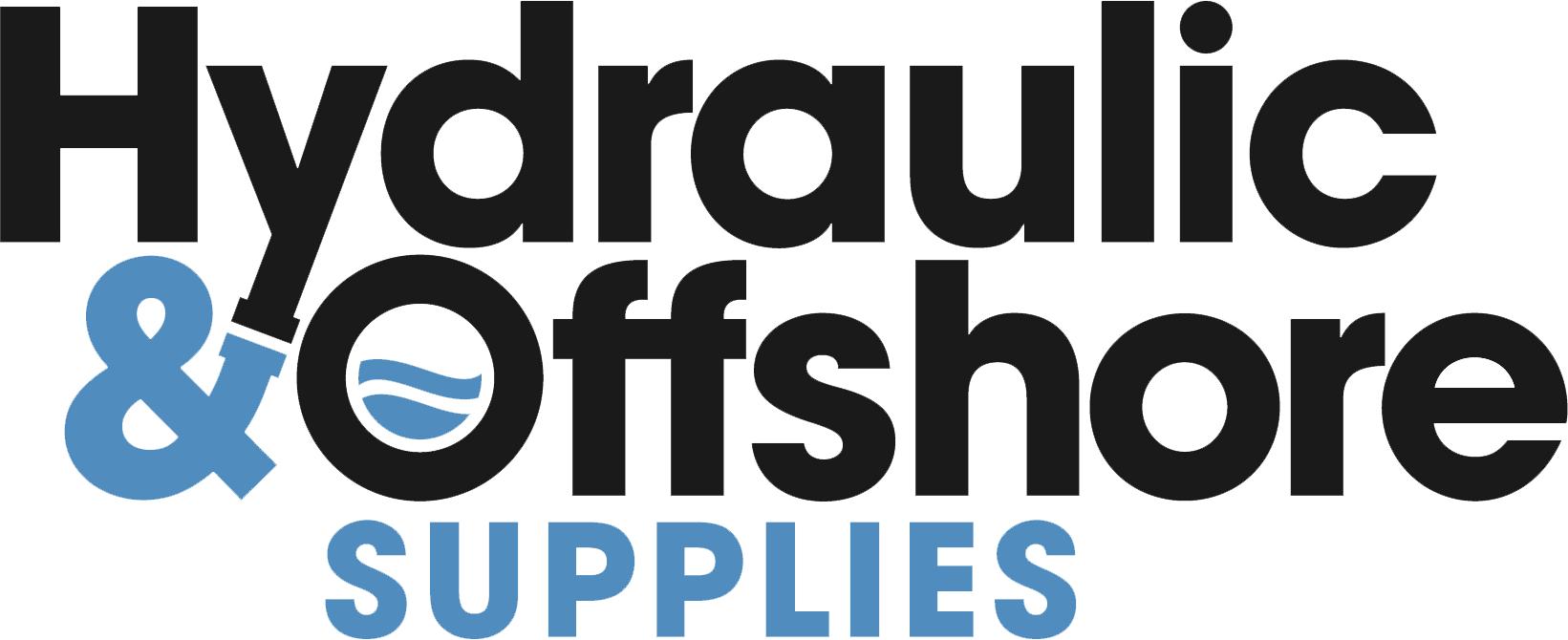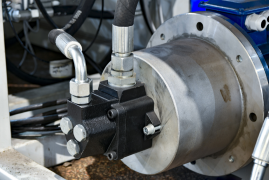How to prevent hydraulic pump failure
Hydraulic pumps are essential components in countless different types of applications. In many cases, they’re expected to run around the clock and any downtime can grind operations to a halt. In our latest blog, we look at the causes of hydraulic pump failure and how these can be prevented. Signs to look out…
Hydraulic pumps are essential components in countless different types of applications. In many cases, they’re expected to run around the clock and any downtime can grind operations to a halt.
In our latest blog, we look at the causes of hydraulic pump failure and how these can be prevented.
Signs to look out for that your hydraulic pump is failing
Noisy System: All mechanical systems make some noise and hydraulic systems are no exception but if you’re hearing very loud banging or knocking, there’s a good chance that your system is experiencing aeration or cavitation, which could lead to pump failure.
High Temperature: If your hydraulic system is exceeding the recommended temperature level of 82 deg C, this could be due to a buildup of debris in the filters preventing the system from dissipating heat. This is a problem you will want to address quickly, as high heat can damage your system.
Slow System: If your system isn’t operating as quickly as it’s supposed to, you definitely have a problem. A slow hydraulic system means a loss of flow, which typically means internal leakage.
What are the causes and preventative measures?
Contamination
Air and water contamination are major causes of hydraulic pump failure. In terms of air contamination, you’re going to have to worry about both cavitation and aeration.
Cavitation is a likely cause of loud banging noises coming from the pump. Dissolved gasses within the oil can react to pressure differences by coming out of the oil and then being collapsed by the high pressure.
This compression generates loud banging and a shockwave that can cause serious damage to the pump and other components in the long run.
Aeration can have similar effects. This issue occurs when external air enters the system through leaks, loose connections, or other problem areas. It generally creates a much more mild knocking but is still causing damage that eventually leads to hydraulic pump failure.
Water in the oil can be another major issue, especially when it is allowed to freeze. This problem can be much more difficult to identify as it won’t be making identifiable noises.
The look of the hydraulic oil itself can give an indication of water contamination by appearing hazier and less clear than usual. Water contamination will wear down hydraulic components and can cause oxidation over time as well.
Operating Conditions
A variety of process and environmental factors can affect the temperature and other qualities of the hydraulic fluid, potentially leading to hydraulic pump failure. When pumps run too hot, the fluid becomes thinner and more liable to leak. This heat also reduced the ability of the fluid to provide lubrication, leading to wear and further issues.
Significant overheating can lead to oxidation of the hydraulic fluid, which causes the fluid to become thicker. This thickening can limit flow through the system, further reducing heat dissipation and potentially causing even more severe overheating.
Low temperatures can also cause problems. The hydraulic fluid can only effectively flow once it approaches operating temperatures. Pump failure can be caused by increasing the load before the operating temperature is met, which is more common with lower ambient temperatures.
Installation and maintenance errors
Many different mistakes can lead to premature or even immediate hydraulic pump failure. A faulty installation could result in instantaneous and catastrophic damage to the system or gradual wear that isn’t discovered for years. Poorly fitted pipes and other pump components could contribute to leaks.
An incorrect combination of different parts can cause hydraulic pump failure as well. A motor might have excessive drive speed for a pump, or various types of control equipment can be incompatible.
Failing to implement effective maintenance will also lead to premature failure. If the proper maintenance schedule isn’t followed, excessive wear can develop. This risk is true for both the pump and other system components that can affect the pump if not properly maintained.
For more information on how to prevent hydraulic pump failure, why not get in touch with our team? With over 30 years experience within the fluid power sector and a huge range of stock available at our Sunderland workshop, we’re here to answer your queries or next project requirements.


